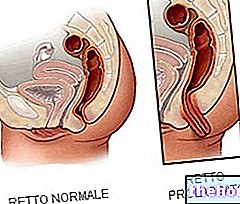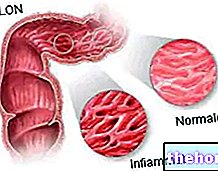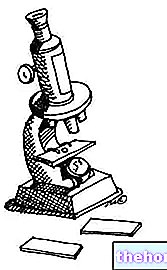The pH of the stool is normally neutral or slightly alkaline (6.8 - 7.5). More acidic stools, physiological only in the newborn, may indicate intestinal infections (Escherichia coli, Rotavirus) or digestive disorders, such as lactose or fat intolerance (steatorrhea due to pancreatic insufficiency or biliary stasis).

If the pH of the faeces tends to increase in the presence of putrefactive dysbiosis, it tends to decrease in the presence of fermentative dysbiosis, the causes of which are to be found in the excessive ingestion of carbohydrates or in a bad absorption of the same (celiac disease) . Even in the presence of an "abundant lipid intake, in vegetarian diets and in prolonged fasting, the pH of the stool becomes acidic.
To avoid distorting the test results, the stool must not be contaminated with urine and must be quickly refrigerated to prevent urinary ammonia and putrefactive bacteria from making the fecal pH alkaline.




























